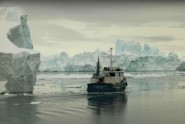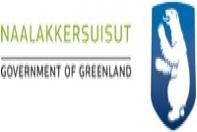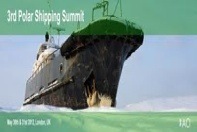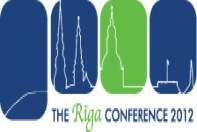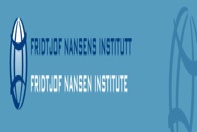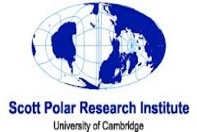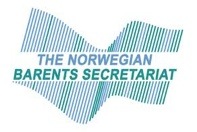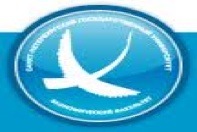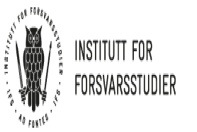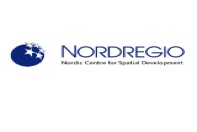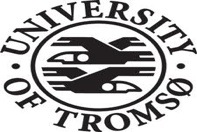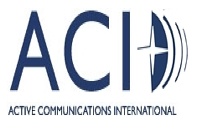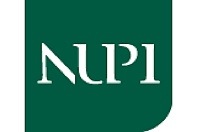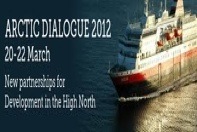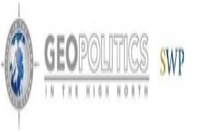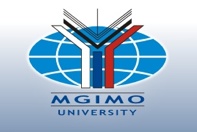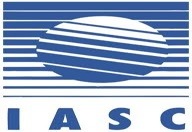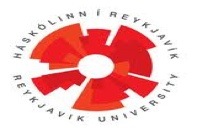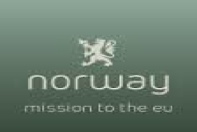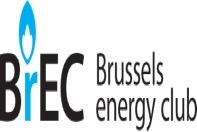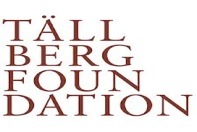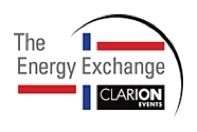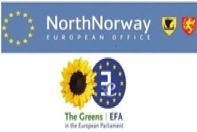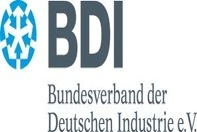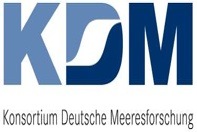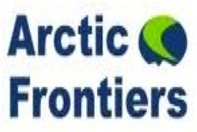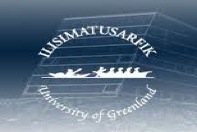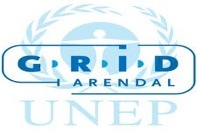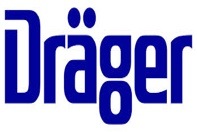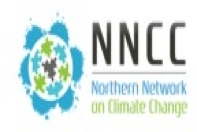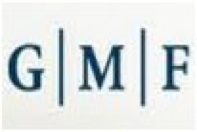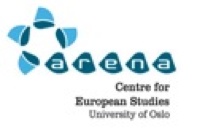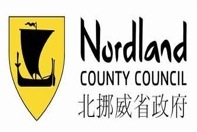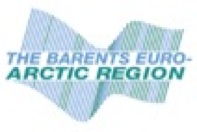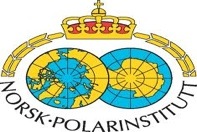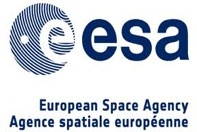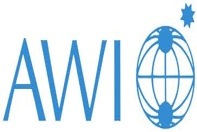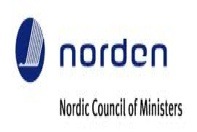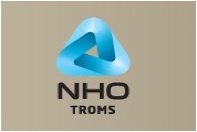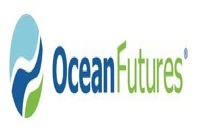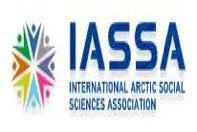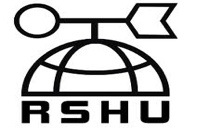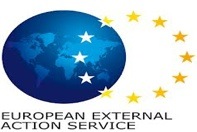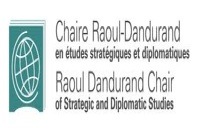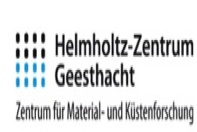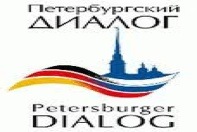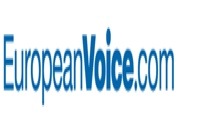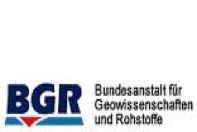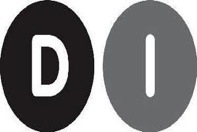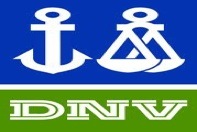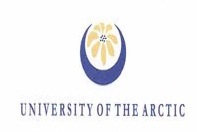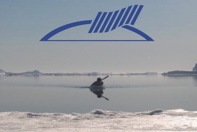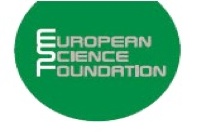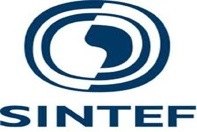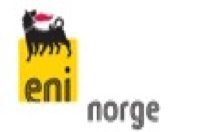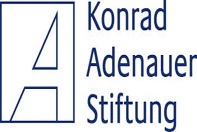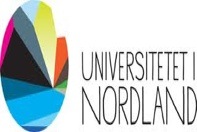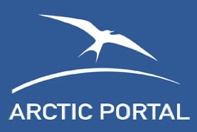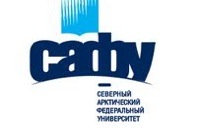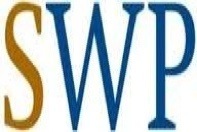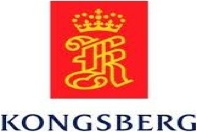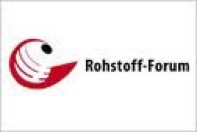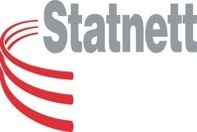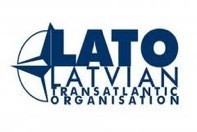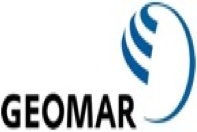EU, Canada and the Arctic: towards a new step?
“The European Union, Canada, and the Arctic: Challenges of International Governance,” Ottawa, Canada, September 2011
Intended to explore the extent to which significant differences in priorities and preferences in relation to decision-making characterize Canadian and EU positions on the Arctic, the conference reflected remaining tensions between the two sides of the Atlantic. It also highlighted that the EU Arctic policy evolution since 2008 does not always clearly appear. Cecile Pelaudeix, Researcher at the EUAF, participated.
The Carleton University Centre for European Studies (European Union Centre of Excellence) hosted the conference in cooperation with the Friedrich Ebert Foundation. It was attended by Ambassadors of the EU, Poland, Germany and Sweden to Canada along with academics from Germany, UK, France, Norway, Finland, US, Russia and Canada.
In his keynote address, “Listening to the Voices of Non-Arctic States in Arctic Affairs,” Oran Young stressed the need for an inclusive approach, considering that European states, the EU/EC, China, Japan, Korea, Brazil, India have rights under UNCLOS to various uses of the Arctic Ocean, have a role to play with regards to the IMO and have resources that Arctic states need (e.g. Russia for oil and gas development). More generally, Oran Young underlined that changes occurring in the Arctic were tightening the links between the Arctic and the Earth system, and that geopolitical shifts on a global scale are making it harder and harder to ignore the concerns of non-Arctic states (e.g. China, India, even Brazil). According to Young, what is at stake is not a matter of membership or voting rights in a body like the Arctic Council, but it is a matter of fostering a sense of being consulted and listened to in policy dialogues. Therefore, what is needed is an informal consultative mechanism to allow voices to be heard without running into political obstacles. Oran Young suggested various sources of inspiration, through the reference of several bodies such as the North Sea conferences under the OSPAR, the Commission on Security and Cooperation in Europe, the World Economic Forum/World Social Forum, the SCPAR (Standing Committee of Parliamentarians of the Arctic Region) or an Arctic caucus in some other forum. Oran Young concluded on the usefulness of assigning deputy ministers of the Arctic Council the task of consulting their counterparts in relevant non-Arctic states, exploring a range of informal mechanisms for listening to the voices of these states, and coming up with recommendations to be considered at the 2013 Arctic Council Ministerial meeting.
The conference brought to light different perspectives on the role of the EU in the Arctic governance. Some participants considered the EU was somehow putting at risk some Canadian interests and control in the region. Nevertheless, Canadian scholars variously assessed the extent to which the notion of sovereignty was at stake in Canadian concerns in the Arctic. Seeing navigation as a complex issue under EU law, Armand de Mestral identified several advantages of cooperation between EU and Canada, such as the application of a precautionary principle, but as far as the EU can in fact put pressure on its member states to adopt a more responsible environmentally oriented policy in the IMO, which has yet to be determined, he said.
In her keynote speech of day 2, Mary Simon, president of Inuit Tapiriit Kanatami, acknowledged the leadership shown by EU countries in the global effort to combat climate change, and recalled that the ban on seal products was inappropriate and perceived as offensive. As for European member states, Markus Kaim in a presentation entitled “Economic Interests, Environmental Concerns, and Multilateral Governance – The German Approach to the Arctic” clearly defined the interests of Germany in the region, while Joël Plouffe highlighted the fact that France was the only non-Arctic state not to put forward its interests in the region but instead to claim for a political role in the governance of the Arctic.
Cecile Pelaudeix showed that EU and Canada Northern dimensions actually evolved in parallel at the end of the 1990’s and that the involvement of the EU in Arctic governance at that time was taken for granted, until the EU started to formulate its policy for the Arctic and the parliament voted its resolution in 2008. She recalled the EU position towards the North West Passage, and the increasing dialogue of the European Commission with Arctic Indigenous peoples. Jaime Reynolds emphasized the status of the EU as an Arctic entity and explained that the EU was not interested in territorial claims or resources claims, but would continue to be involved and actually does have a say in many issues such as environment, climate change, research.
Precisely, dissatisfaction towards the new criteria edited by the Arctic Council for observer status and also towards the conditions to exercise this role, was expressed by Ambassador of Germany to Canada, Georg Witschel, in particular the criteria of agreeing to the existing legal framework, the necessity to submit written statements, the condition of exclusion. Ambassador of Sweden to Canada, Toppo Tauriainen underscored the need to build on the success of the Arctic Council to take more concrete actions and enlarge the scope of the Council towards the human dimension and towards the economic and business sectors. There was no contradiction, he said, in supporting the application of the European Commission as an observer. Recalling that the European Union was indeed part of working groups such as AMAP (Arctic Monitoring and Assessment Programme), through the European Environment Agency, Jaime Reynolds valued cooperation in a sector where important stakes are not actually a matter of rights, but rather of obligations.
Perceived as a “redoubtable” stakeholder, or as a partner amongst others, considered as having vague or on the contrary very clear interests and perspectives in the Arctic, the EU as an Arctic player was variously assessed by the participants of the conference. The recurring mention of an Arctic treaty, obsolete since the vote of the European Parliament was postponed on April 2nd 2009, definitely underlines the need for the release of the communication of the European commission after the vote by the Parliament of the resolution on a “Sustainable EU policy for the High North” on January 20th this year. More generally, and whereas it is uncertain to assert what the Arctic will be in the global society, the relations EU-Canada concerning the Arctic would certainly gain in being considered through Oran Young’s paradigm for Arctic governance: creativity.
The full program available here.
Dr. Cécile Pelaudeix
Research associate, PACTE-Institute of Political Studies, Grenoble
Researcher, EU Arctic Forum, Brussels

